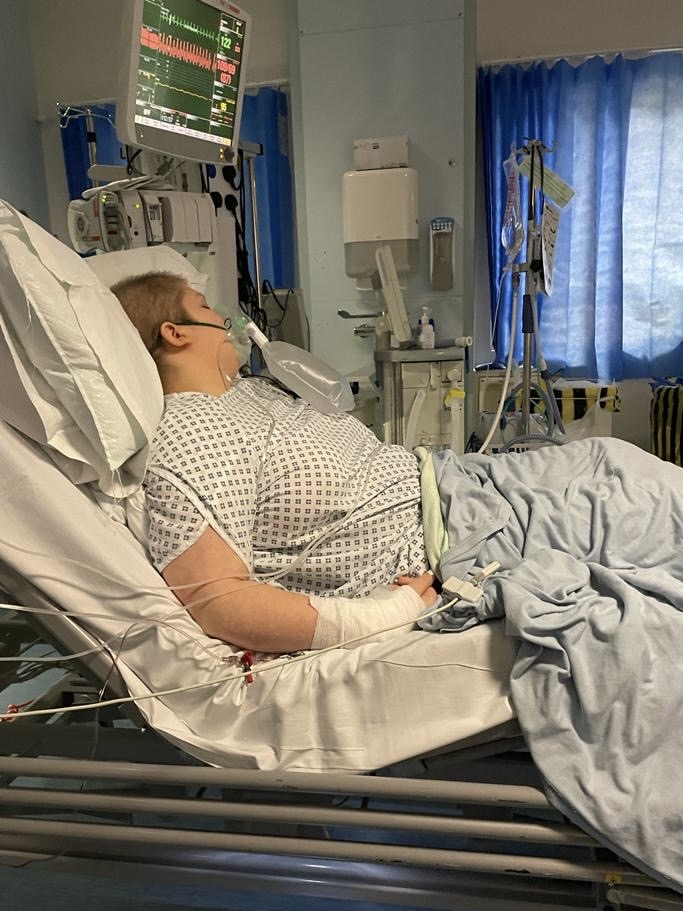Setting yourself new goals after cancer
Life coach Steph Davies covers how to set achievable, meaningful goals to get you where you want to be. We’ve taken the info on this page from our online workshop, originally broadcast live in August 2020.
You are viewing: Intro
Steph was diagnosed with Hodgkin lymphoma during her GCSEs. She quickly realised that life after cancer didn’t look exactly as she expected.
Now, she supports adults to increase their wellbeing after cancer by setting goals and planning their next steps through her company Life After Cancer.
Here, she shares how you can break down a three-month goal into something you can achieve, day by day.
You can complete these steps on paper or on your phone, whichever you prefer.
Watch the full workshop
It’ll take you around 30 minutes including a few exercises:
Before you start, reflect on the last few months…
Spend five minutes writing down your answers to these prompts.
I’m grateful for…
1.
2.
3.
Daily affirmations
These are positive statements that you believe, or would like to believe, about yourself. They can help you change your mood and set an example for the day (for example, you might write down ‘Today I am full of energy’ even if you’re feeling a bit sluggish and tired)
Today I am…
1.
2.
3.
What would make today great?
1.
2.
3.
What goal would you like achieve in the next three months?
You might have an idea already, or you might need to spend a few minutes thinking about this. Write down all the ideas that come to mind.
‘Visioning’ your goal
Sit up straight, and try imagining that it’s three months from now, and you’ve already achieved your goal.
Hold a mental picture of it, as if it were happening to you right now.
Imagine that scene in as much detail as possible, using all five of your senses.
Who’s with you? What emotions are you feeling? What are you wearing? What can you smell? What can you hear? What’s your environment like? What do you love about where you are?
If doubt comes into your mind (like ‘this will never happen’ or ‘this isn’t real’) try replacing it with one of your affirmations from the start.
You might want to just imagine this, or you might want to write what down you’re experiencing.
How much do you want to achieve this goal?
Spend a few minutes thinking about your goal, and then write down on a scale of 1-10 how much you want to achieve it.
10 would be ‘yes absolutely’ and 1 would be ‘not at all’.
Does this number feel high enough for you to be able to focus your energy on it? If not, have a think about changing your goal.
Chunk your goal down into small daily actions
Think about what tiny actions you can break your goal down into.
Try and make them specific rather than vague. So for example, if your goal was to feel more healthy, you might set yourself a small daily action of making sure you got out of the house for 30 minutes every day.
Make sure these actions are moving you forward towards your end goal. If not, try and refocus on what you want to achieve at the end.
Then make sure you can act on these daily actions. Making them realistic really helps with this – don’t commit yourself to something you don’t enjoy or that seems like too big a step straight away (for example, committing to running four times a week for an hour each time if you don’t normally run at all).
Make a weekly planner
Put your daily actions into a weekly planner, every week for the next three months. Make sure you have a small, achievable action for each day.
You can either set up your planner on your phone, using reminders to help you complete your action, or you might want to add them to a physical calendar. Free apps like ‘Habit – Daily Tracker’ can help you visually see what you’ve achieved, too.
Having them written down and planned out every day for the next three months will help you to take small steps to keep moving forward.
Find an accountability buddy
You have a 65% chance of completing a goal if you make that same commitment to someone else too.
If you have a regular accountability appointment with a person you’ve committed to, your chance of success can increase to up to 95%.
Have a think about who might make a good accountability buddy for you and this goal. It could be a friend, a family member, a partner or a colleague.
Then have a chat about how it might work for you. What will they do to help you? When will they do this? What support do you need from them? How will you report back to them when you’ve made progress?


